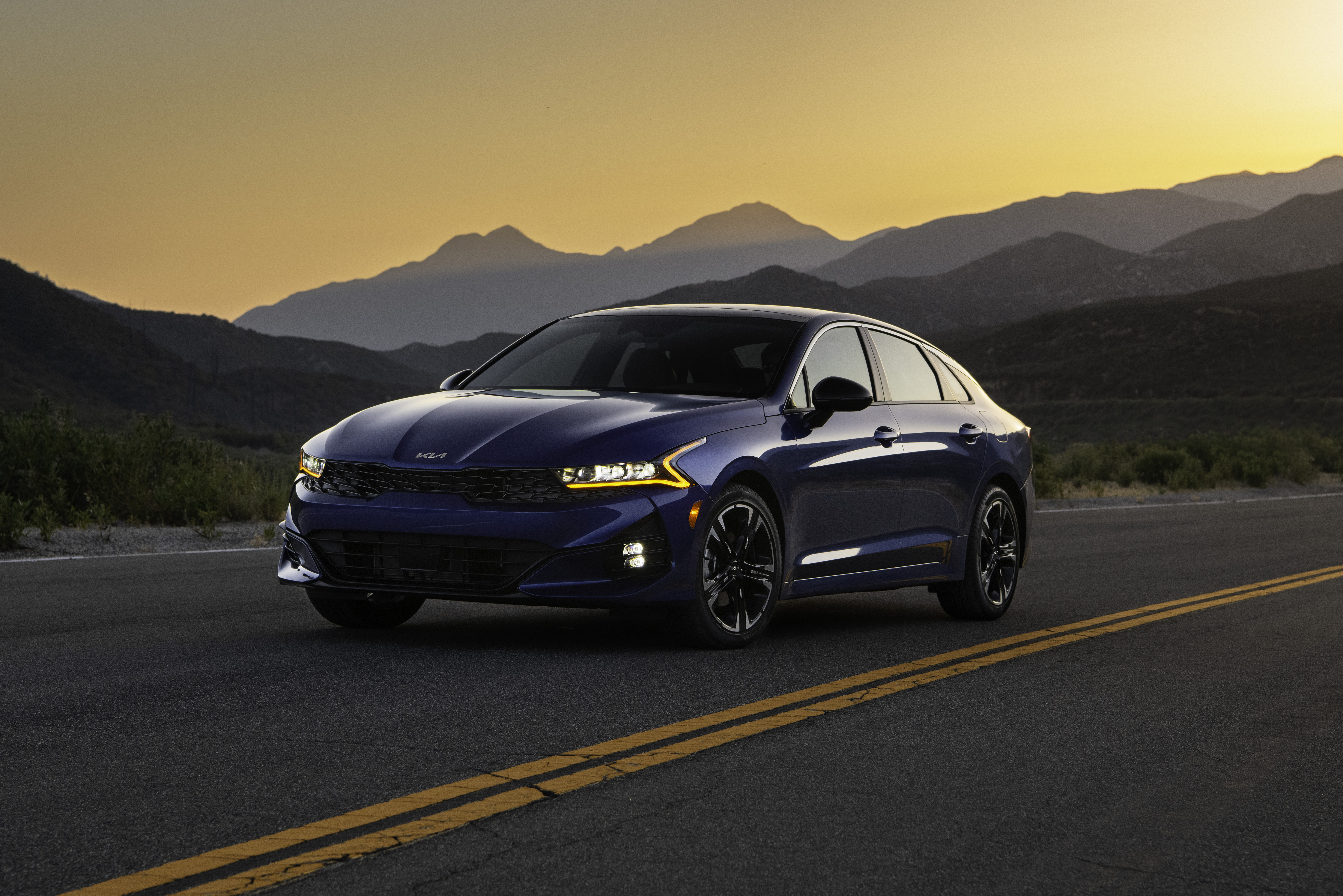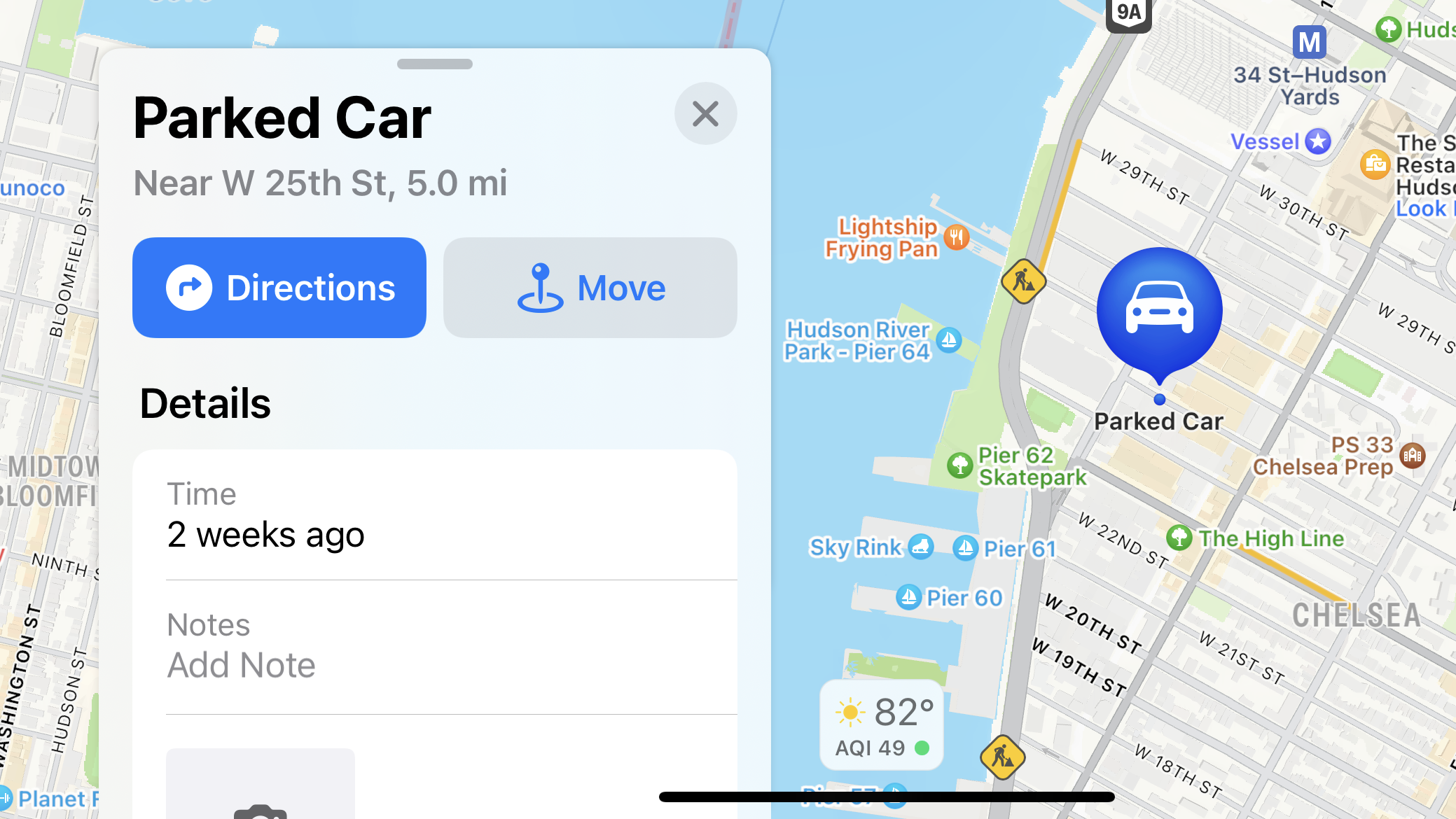Read This: Your Car's Location Data Is Less Private Than You Think
A car, a key, and the open road can be an escape from a lot of things. Surveillance capitalism isn't one of them.
It's late at night, the skies are pitch black, and you're driving on unfamiliar roads. Maybe you're coming home from a party, maybe a date, or maybe you're just out for a nighttime drive to clear your head. There's not a star in the sky, and the woods on both sides of your narrow, twisting road seem to stretch on endlessly. Where are you?
You may not know, but your car does. Who's it telling?

Data privacy is at the forefront of many people's minds, from apps that share or sell user data to toothless bipartisan bills aimed at curtailing those practices. In our post-Roe country that's rapidly sliding backwards on LGBTQ rights, location data has come under specific scrutiny with regard to accessing necessary medical care like abortion or hormone replacement therapy.
The usual suspects in this sort of data-sharing effort are cell phones — they're equipped to track locations using GPS, WiFi, and even cell-tower triangulation, and we constantly have them in our pockets. But there's another, even more sinister data collector lurking in your home: Your car.
Victoria Scott, recovering Jalop, dug into the details of automotive data sharing over at The Drive. In her talks with automakers, data brokers, and ex-CIA operatives (not kidding), she uncovered a broad network of identifying information that bleeds out of modern cars — much of it still entirely traceable despite claims of anonymization.
The whole piece over at The Drive is extraordinarily well-researched and undeniably worth the read, no matter how many nightmares it may give you. Now, if you'll all excuse me, I'm going to coat every electronic device I own in tin foil and go live in a cave.
